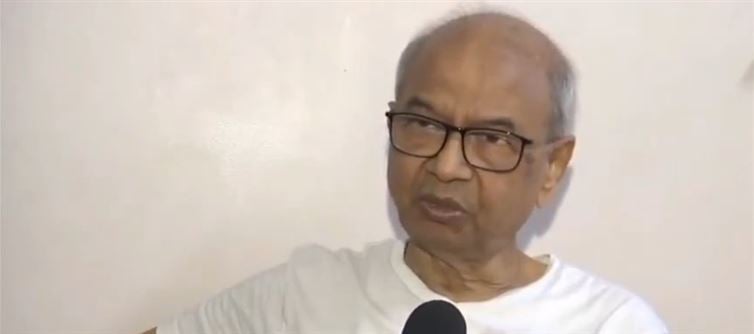
A shoe at the highest seat of justice. A 71-year-old senior advocate calling it “frustration.” A constitutional terror act disguised as religion and outrage. On october 6, 2025, Dr. Rakesh Kishore hurled a shoe at Chief Justice B.R. Gavai, India’s second Dalit CJI, in the name of “sanatan dharma.” And then he gave interviews, claiming he was “educated, sober, and peaceful”—as if assaulting the guardian of India’s Constitution is a legitimate form of expression. This is not just an incident. This is a mirror reflecting the rot in India’s democracy today.
1. When a gold Medalist Becomes a Goonda
kishore flaunts his MSc, gold medal, education, and claims sobriety—but let’s be clear: education does not inoculate against hate or illegality. Attacking the Chief Justice is not frustration—it is terrorism in the highest court of the land, plain and simple.
2. The supreme court Is Not Your Playground
A public assault on the Chief Justice of India isn’t a stunt, it’s a direct attack on the Constitution itself. Article 14 guarantees equality and dignity, yet kishore and his supporters treat the highest judicial office as a target for caste-infused bravado.
3. Frustration Doesn’t Excuse Assault
kishore claims this was “frustration.” But in reality, it’s centuries of caste entitlement meeting a Dalit in power. The moment an oppressed class rises, some upper-caste supremacists resort to violence to reassert hierarchy. Calling it frustration is a pathetic attempt to sanitize terror.
4. Walking Free While the Republic Watches
Shockingly, Kishore wasn’t jailed, returned with his shoe, and continues to give media bytes like a revolutionary. This isn’t just absurd—it’s a dangerous precedent that emboldens caste supremacists and religious zealots alike.
5. The Act Was terrorism, Plain and Simple
Let’s be clear: attacking the CJI qualifies as an act of terrorism under the Constitution, because it intimidates, threatens, and undermines the foundations of the indian republic. Yet, India’s law enforcement treated it as a minor scandal.
6. education Isn’t Morality
Kishore’s insistence on his gold medal and MSc is not a shield against consequences. Intelligence without ethics and respect for the law is a weapon for abuse, not progress. The shocking part: India cheered the act online, showing how twisted moral hierarchies have become.
7. India’s Deepening Fault Lines
This incident exposes the deepest fault line in modern India: caste, religion, and privilege versus equality and justice. When a Goonda can attack a Dalit CJI and walk free, it’s a wake-up call about how fragile our democratic values have become.
8. Who Protects the Constitution?
The State, the ruling party, and law enforcement must act decisively. Allowing this kind of impunity signals to others that the rule of law is negotiable when caste pride is involved.
Closing Punch:
A shoe. A Dalit CJI. A gold-medalist turned assailant. And a Constitution mocked. This is the state of india today—a republic where violence against justice is treated like a media spectacle, and the real heroes of equality are forced to endure public humiliation.




 click and follow Indiaherald WhatsApp channel
click and follow Indiaherald WhatsApp channel